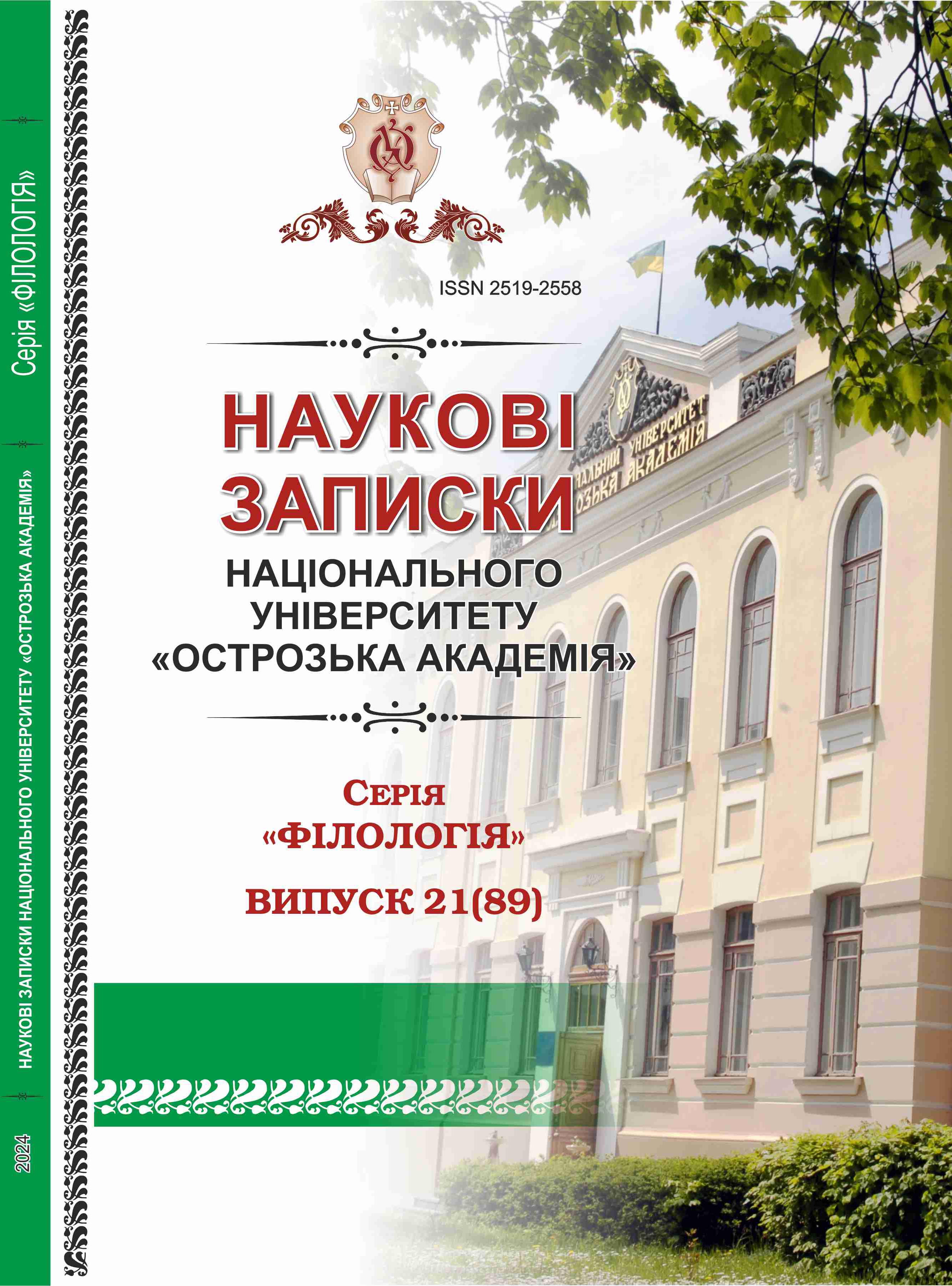THE VALUE OF THEMATIC THESAURUS ON THE ACQUISITION OF ENGLISH FOR SPECIFIC PURPOSES BY UNIVERSITY STUDENTS
Keywords:
term, terminological system, thesaurus, terminology acquisition, semantization, English for Specific PurposesAbstract
As scientific and technological progress continues to evolve, educational institutions need to adapt their methodologies and resources to meet the changing demands of the modern world. The article addresses the importance of terminology acquisition, focusing on the development of professional English skills for higher education students pursuing degrees in mathematics, computer science, and information technology. It is emphasized that the better the selection and methodological classification of professional material used in the educational process is made, the more successful the study of foreign language terminology following students’ professional training and, consequently, the formation of their foreign language lexical competence. The author proposes a systematic approach to teaching terminology through the compilation of thematic thesaurus of IT, computer science, and mathematics terms. The article outlines three phases of learning terminological vocabulary based on English professional texts; the terms at each level are processed through exercises that are described that can help students master professional vocabulary within the course “English for Specific Purposes”. Through a combination of traditional and modern teaching methods, the author suggests that students can acquire terminological vocabulary and comprehension to succeed in their future professional fields. The researcher states that a strong foundation in professional terminology is vital for students’ language and professional competencies development.

